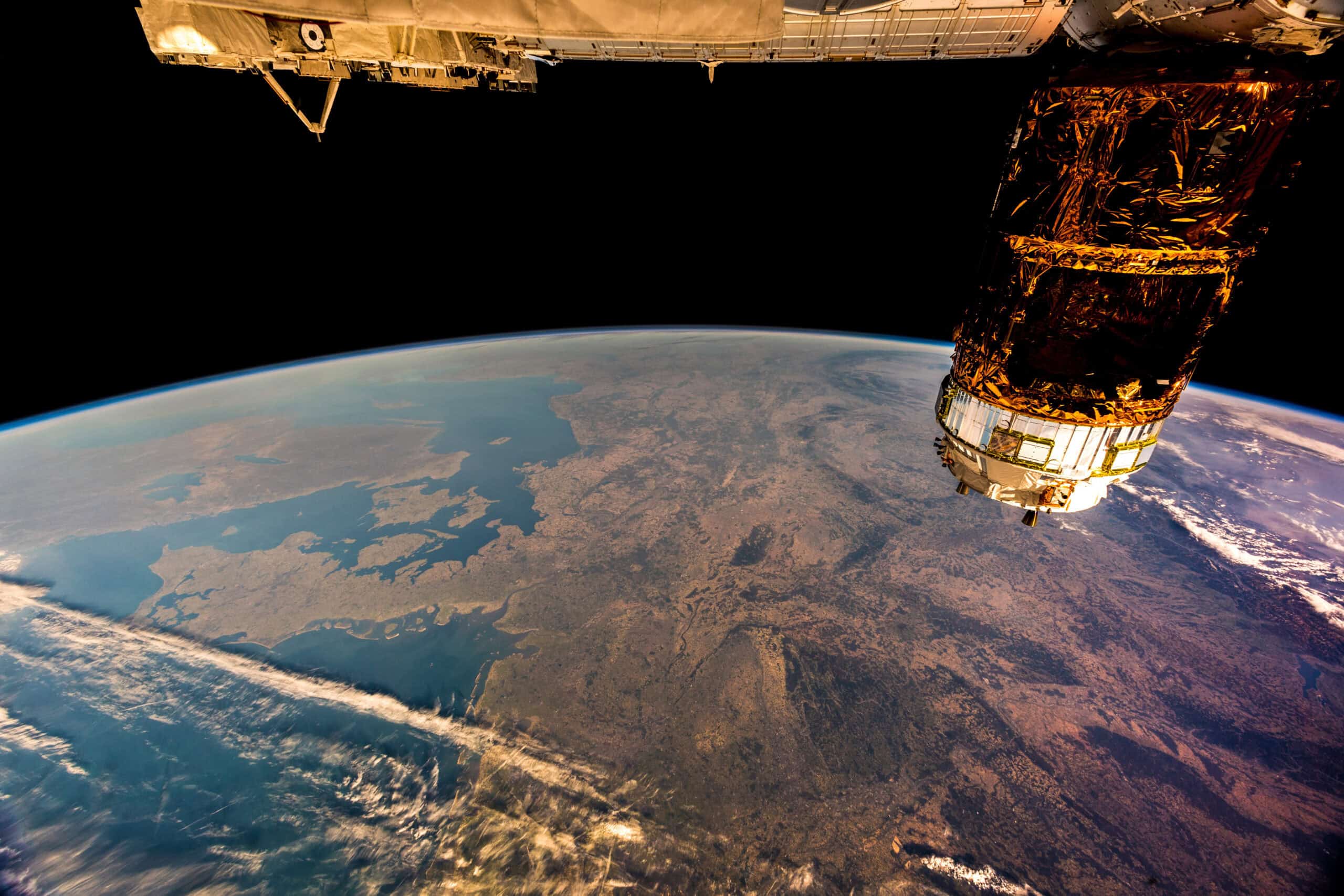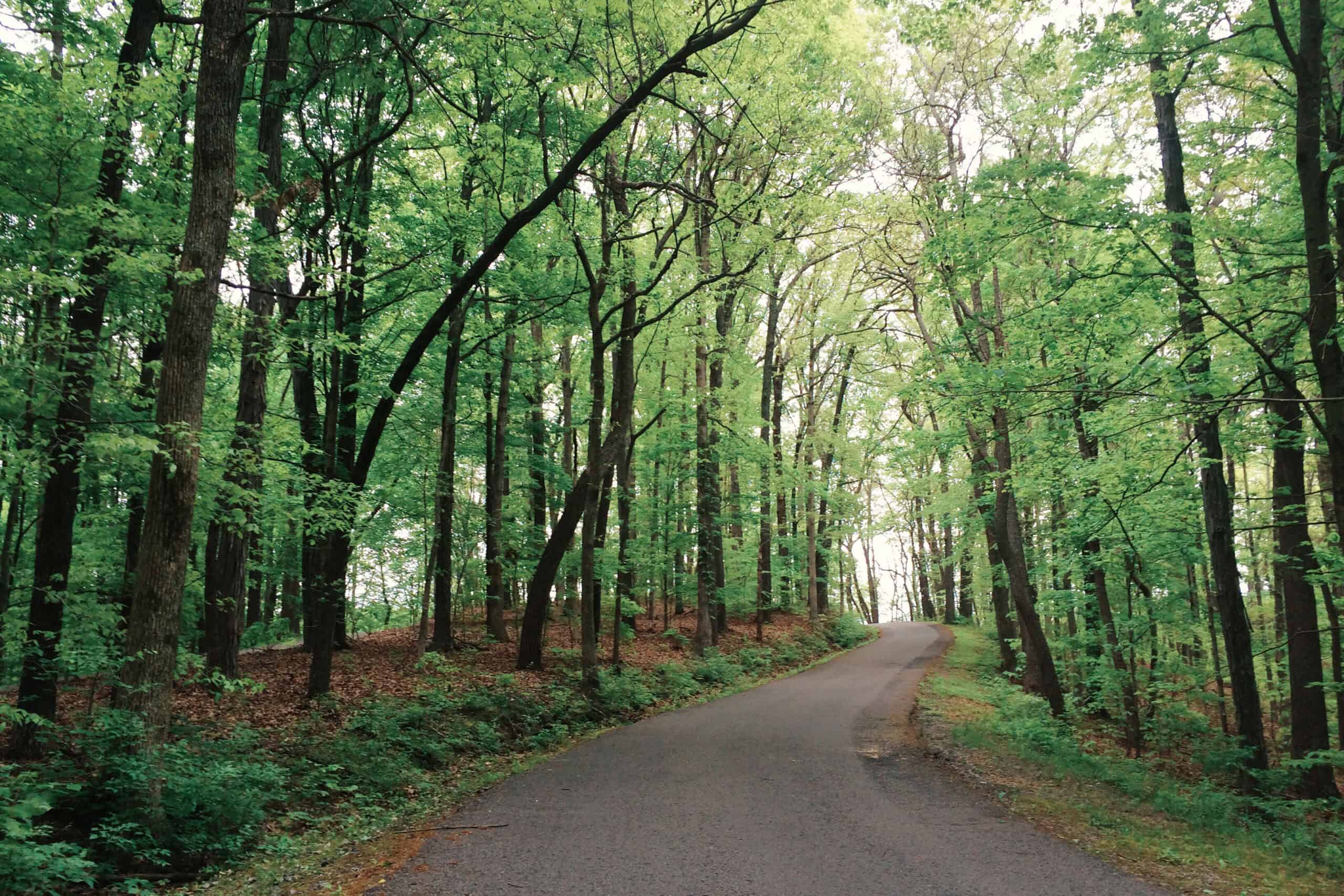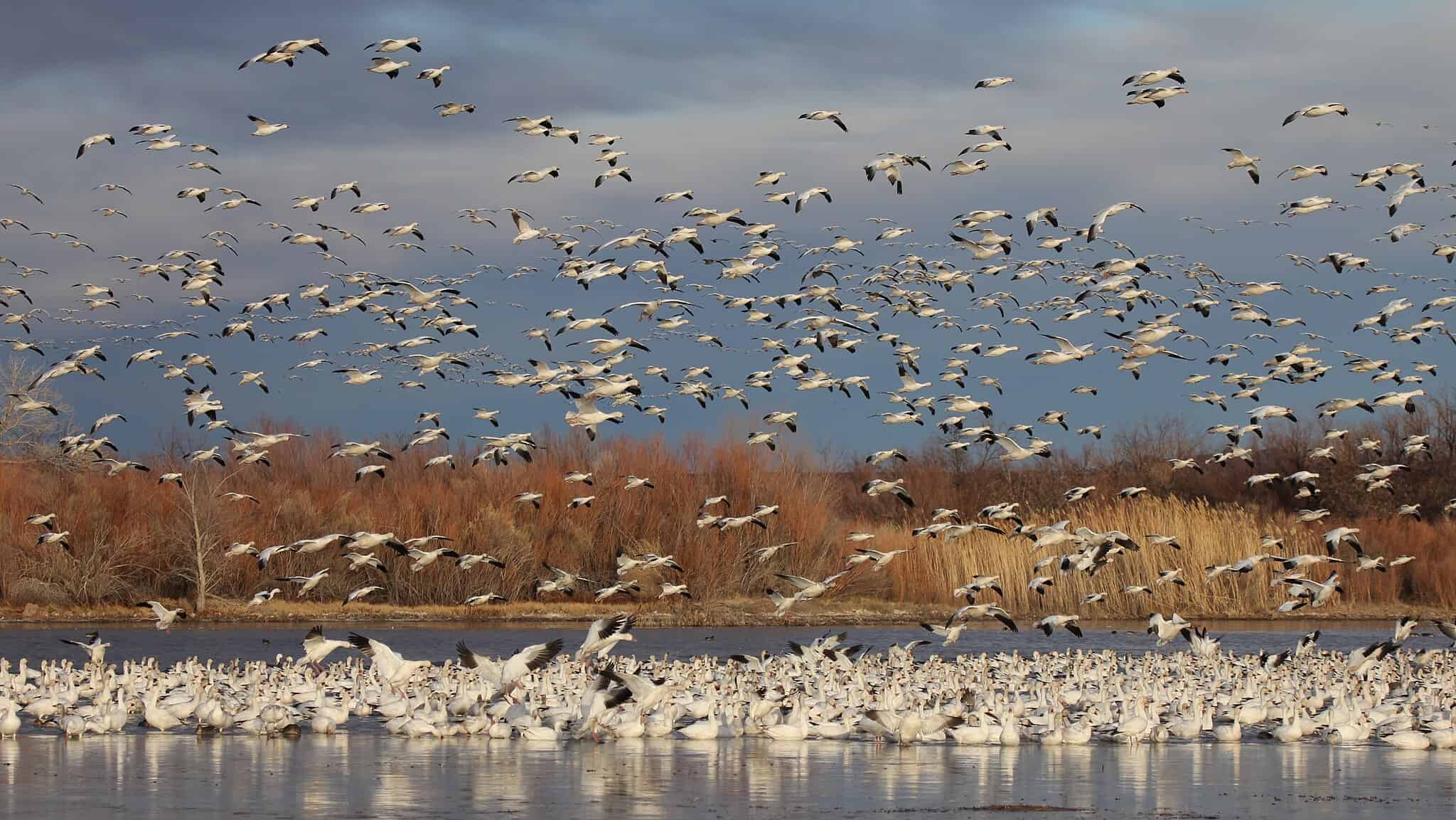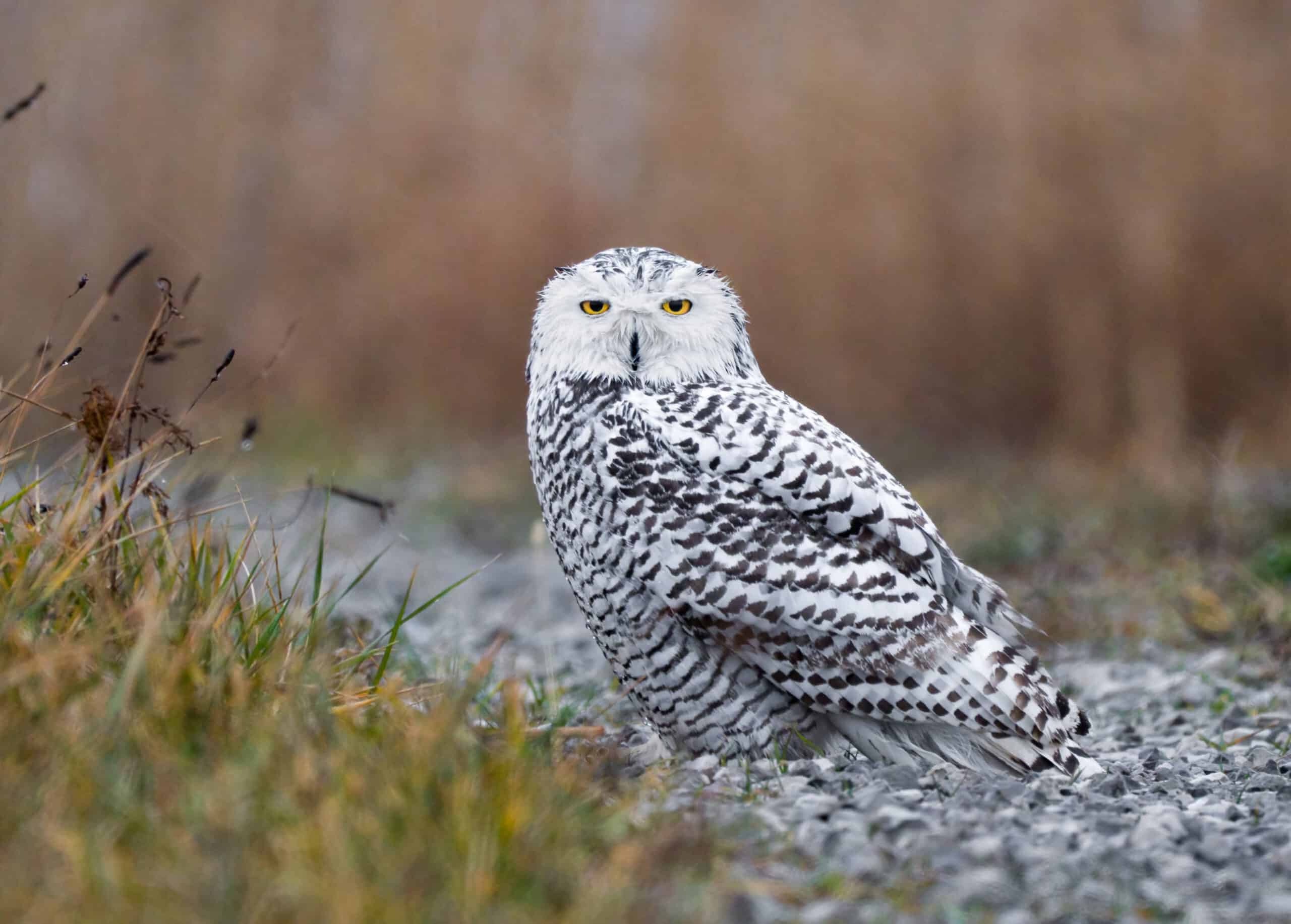Share this article
Climate change becoming main driver of global biodiversity declines
Land-use change historically has been the main factor
Land-use change has historically been the biggest driver of biodiversity decline, but researchers found that it may be overtaken by climate change by the middle of the century.
In a study published in Science, scientists estimated that global biodiversity declined by 2 to 11%, largely due to land-use changes. Land-use policies could reduce those declines in the future, they found, but “negative impacts on biodiversity due to climate change appear poised to increase.”
“We found that climate change poses an imminent threat to biodiversity and ecosystem services. While land-use change has historically been a significant factor, our findings indicate that climate change could overtake it as the primary driver of biodiversity loss by mid-century,” explains study coauthor David Leclère, a researcher in the International Institute for Applied Systems Analysis Integrated Biosphere Futures Research Group.
Header Image: The International Space Station looks down over the transformed landscapes of central Europe. Credit: Alexander Gerst








